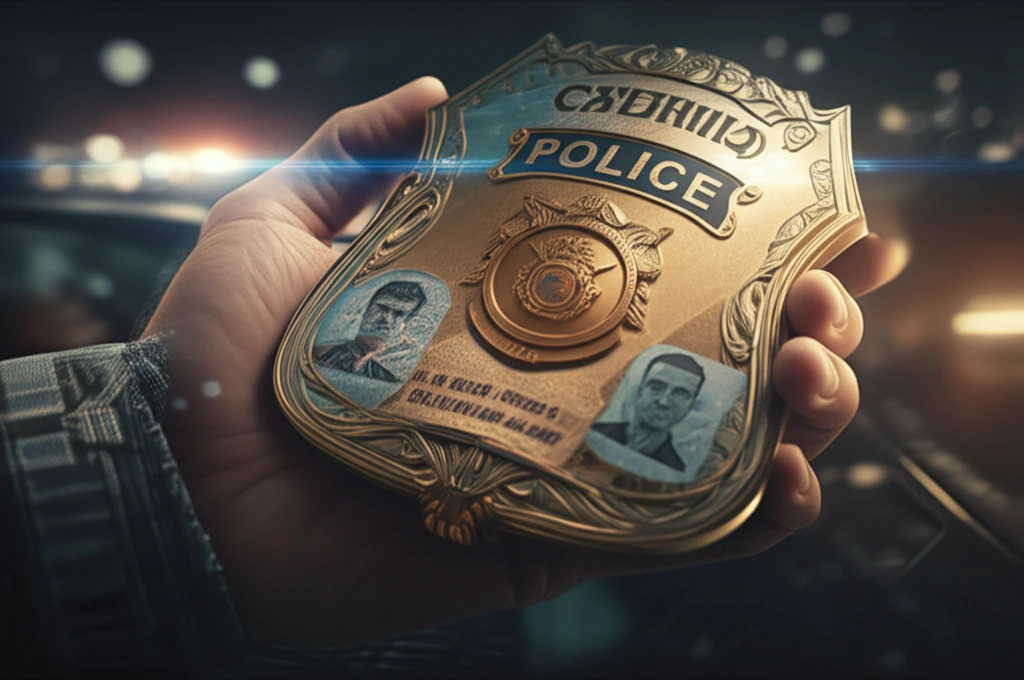
License to Stop: How Terry Stops Impact Your Everyday Activities
"Navigating the complexities of license verification and Terry stops: Know your rights and responsibilities."
In our license-laden world, from driving to fishing, licenses dictate much of what we legally do each day. But what happens when law enforcement steps in to check if we're adhering to these rules? This is where the concept of a 'Terry stop' comes into play—a legal procedure that allows officers to briefly detain someone based on reasonable suspicion of criminal activity. But what does this mean for license verification, and how far can officers go?
The question of whether law enforcement can initiate a stop to inspect a license hinges on a critical legal balance. Is it enough for an officer to see someone engaging in a licensed activity, or must they have a specific reason to believe the person is violating the law? This article dives into this complex area, exploring the justifications, limitations, and your rights when 'May I see your license?' becomes more than a polite request.
We’ll break down the legal arguments, court decisions, and practical implications of Terry stops in the context of license verification. Our aim is to equip you with the knowledge to understand your rights and responsibilities, ensuring that encounters with law enforcement are fair and lawful.
Reasonable Suspicion: The Cornerstone of License Verification

At the heart of the debate is the concept of 'reasonable suspicion.' This legal standard requires officers to have more than a hunch; they must be able to point to specific facts and rational inferences that lead them to believe criminal activity is afoot. In the context of license verification, this means an officer generally needs a reason to suspect you're driving without a license, carrying a concealed weapon unlawfully, or otherwise violating regulations.
- The nature of the activity: Is it inherently dangerous or closely regulated?
- The visibility of compliance: Are there visible signs of compliance, like license plates or permits?
- Alternative means of enforcement: Could the state's interests be met through less intrusive methods?
- Statistical probabilities: What is the likelihood that someone engaged in the activity is violating the law?
Navigating Your Rights: What to Do During a License Verification Stop
Understanding your rights is crucial. During a license verification stop, be polite but assertive. Ask the officer for their name and badge number, and inquire about the reason for the stop. If you believe your rights have been violated, document the incident and consult with an attorney. By staying informed and proactive, you can help ensure that license verification practices remain fair and respect your constitutional rights.
